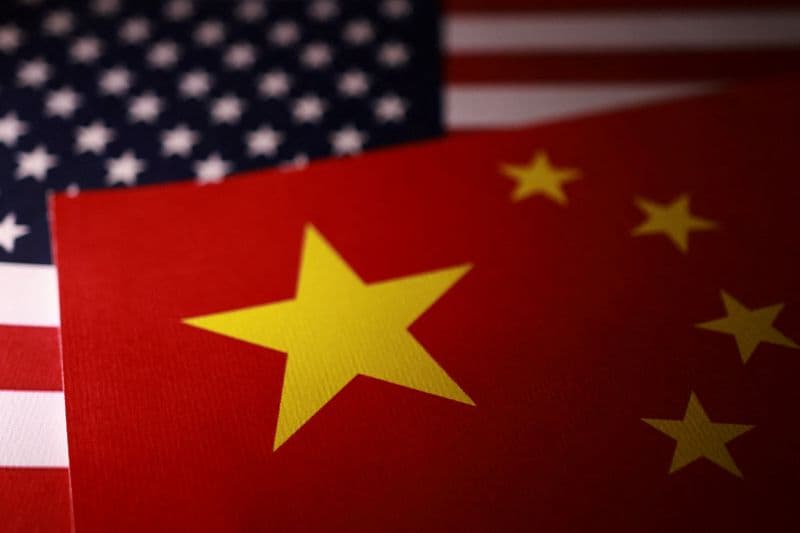U.S. Presses Ukraine With Aid Cuts to Force Peace Framework
Multiple U.S. officials and people familiar with the matter told Reuters that Washington has warned Kyiv it will reduce intelligence sharing and weapons deliveries unless Ukraine agrees quickly to a 28 point peace framework. The proposal would accept limits on Ukraine's military, curtail its NATO prospects, and cede territory in the east, sparking alarm in Kyiv and surprise among European allies.

Multiple U.S. officials and people familiar with the matter told Reuters that the United States has been pressing Ukraine to accept a 28 point peace framework by threatening to cut intelligence sharing and weapons deliveries if Kyiv does not sign on quickly. Reuters reviewed a copy of the proposed plan, which includes measures that would accommodate several Russian demands, such as limits on the size of Ukraine's armed forces, restrictions on its prospects for NATO membership, and territorial concessions in eastern regions that have been the focus of intense fighting.
U.S. officials described an aggressive timetable for securing a framework agreement. The use of potential reductions in vital intelligence and military supplies as leverage marks a sharp shift in Washington's public posture, and one that risks eroding Kyiv's ability to prosecute its defense as negotiations proceed. For Ukraine, which has relied heavily on Western intelligence support and weaponry, the prospect of diminished assistance presents immediate operational challenges and a wider political dilemma.
Kyiv's leaders and senior Ukrainian security officials pushed back publicly, saying they have not approved terms that would violate sovereignty and that any deal must guarantee a dignified peace. Their response underscored a core tension at the heart of the crisis. Accepting limits on military capability or formal constraints on alliance membership would represent a significant concession that could be presented domestically as a compromise of national independence. International law experts note that any agreement involving territorial concessions secured under pressure from an external power and an occupying force would raise serious questions under the United Nations Charter and customary norms protecting territorial integrity.
European allies were reported to be surprised and concerned that the United States pressed the plan without earlier consultation. The apparent unilateral push risks fraying transatlantic coordination at a moment when unity has been central to the West's response to the conflict. Several capitals are likely to weigh the political and strategic consequences of a framework that institutionalizes Moscow's core demands, even as they seek to avoid an expansion of hostilities and a wider humanitarian catastrophe.
Moscow has long sought legal and diplomatic recognition of a diminished Ukrainian military posture and exclusion of the country from NATO as pillars of any settlement. A framework that moves toward those outcomes would be welcomed in the Kremlin as validation of its war aims, potentially reshaping the negotiating landscape and emboldening further demands. For Kyiv, the calculus is stark. Accepting terms under duress could bring a halt to large scale combat, but it might also lock in losses and create a long term security deficit that imperils reconstruction and regional stability.
The dispute over the U.S. proposal highlights the broader dilemma facing Western policy makers. Coercive leverage can produce quick agreements, but it can also undermine the credibility of security commitments and alienate partners whose consent is essential for stable implementation. As the international community assesses the plan, the fate of the framework will turn on whether Washington can reconcile short term pressure with the long term need to uphold principles of sovereignty, allied consultation, and durable peace.

